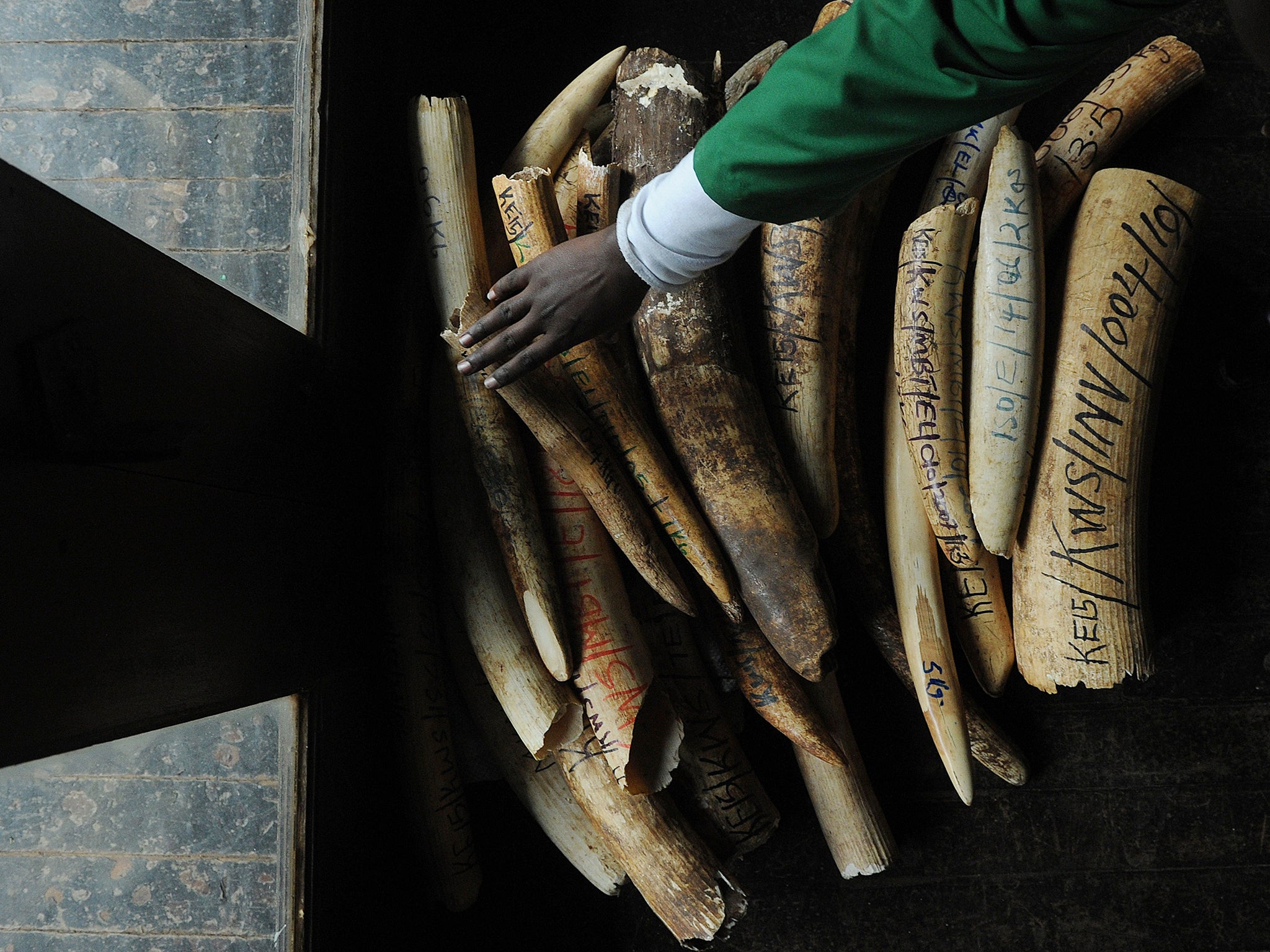Zimbabwe to lobby for lifting of international ivory ban
They claim the sales would allow the continuation of important conservation work

Zimbabwe will lobby to lift the international ban on ivory, claiming the sales would allow the government to gain funds to combat poaching and further conservation programmes. They claim the current population of elephants, around 84,000, have become too much for reserves to manage.
Currently in the midst of an economic crisis, the government said in February it had raised $1m (£690,000) from exporting elephants to China. They estimate they have twice the population of elephants they can afford to support with available food and land.
“Safeguarding Zimbabwe’s elephants is wholly dependent on establishing regular open market sales of elephant ivory to fund management and enforcement actions” the government have stated in a paper that will be presented during September's Convention on International Trade in Endangered Species (CITIES) meeting in South Africa.
“Between 2002 and 2014, Zimbabwe is estimated to have lost 439 metric tons of ivory worth $226m (£154m) to illegal hunting,” according to Zimbabwe’s CITES proposal, Bloomberg reports. “Zimbabwe views this as a direct result of the ivory trade ban. The country’s current stockpile of ivory weighs about 70 tonnes and is worth an estimated $35m (£23m).”
National Park’s, which cover around 11 per cent of Zimbabwe’s total land mass, are surrounded by “hostile people who are trying to recover their wasted investment in elephants,” according to the report, claiming the ban has eliminated incentive to protect wildlife.
The government said in November it would deploy soldiers at the country’s game parks to combat poaching, which resulted in the deaths of 77 elephants due to cyanide poisoning at Hwange National Park. African elephants are currently listed as vulnerable by the IUCN, with poaching being the main threat to their numbers in Central Africa.
Join our commenting forum
Join thought-provoking conversations, follow other Independent readers and see their replies
Comments
Bookmark popover
Removed from bookmarks